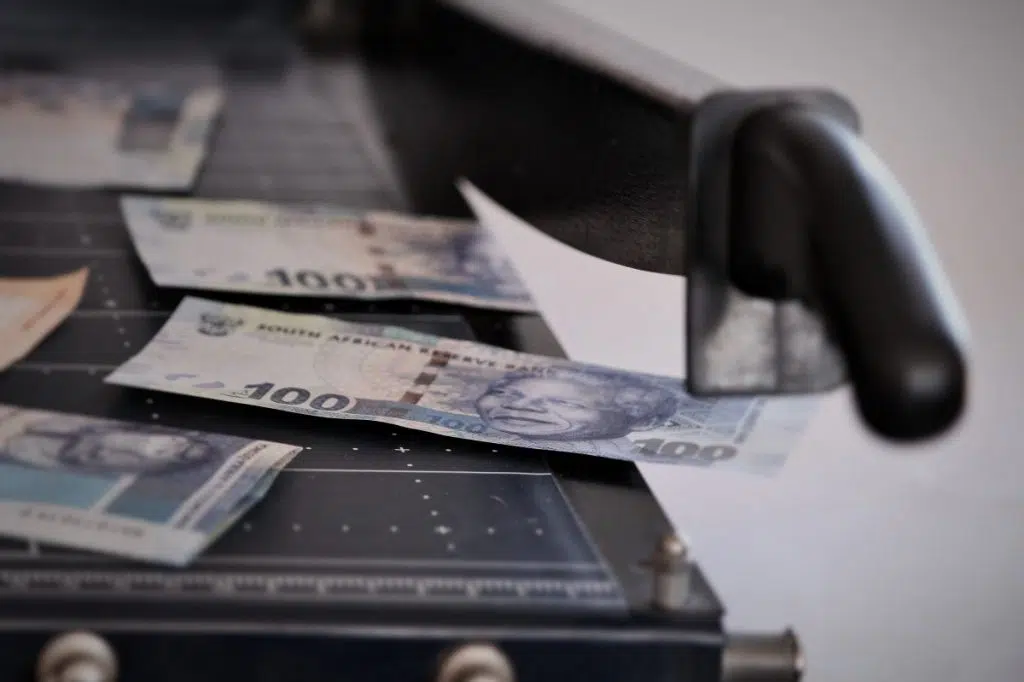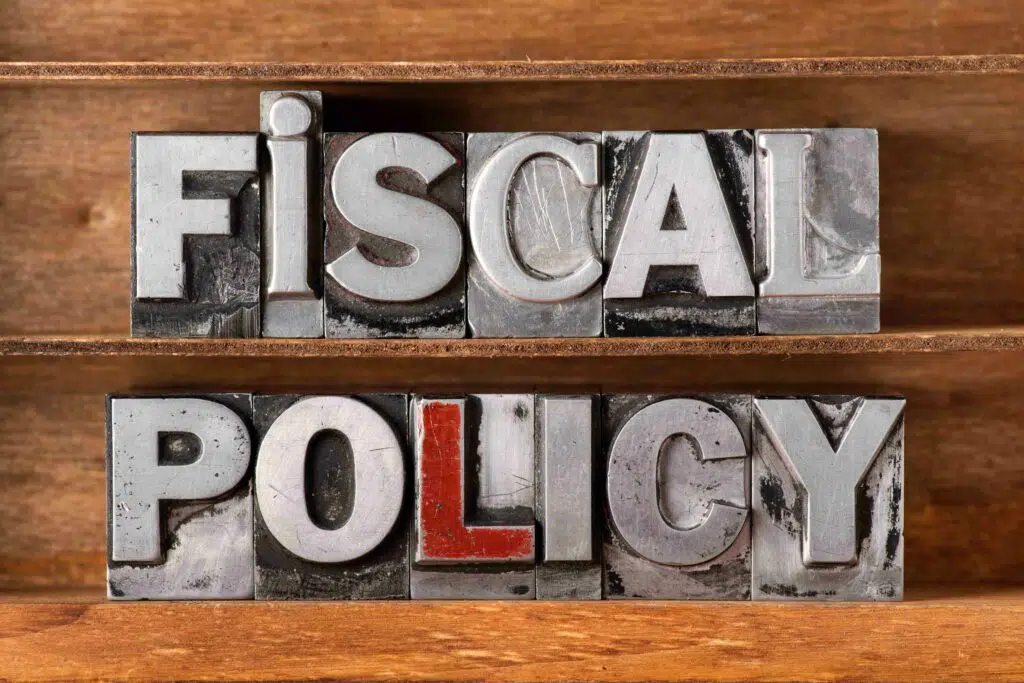The inflation rate of a country has a major impact on the value of its currency and its foreign exchange rates with other currencies. However, it should be noted here that inflation differential is just one factor among the many that impacts the value of the currency.
Inflation is more likely to have a negative impact on the currency’s value rather than a positive effect. It should be noted here that a very low inflation rate does not ensure a favorable exchange rate for a country’s currency. However, a very high inflation rate has more chances to impact the value of the country’s currency in a negative way.
Differentials in Inflation
Interest rates, exchange rates, and inflation are highly correlated with each other. The central banks also play their role by exerting influence on both exchange rate and inflation. They also change the interest rates to impact inflation and the value of the currency as well. Lower interest rates bring in less foreign capital while higher interest rate attracts higher foreign funding. It should be noted here that if the inflation in the country is a lot higher than others, some additional factors may come into play to drive the value of the currency in the Forex market down. Generally, a country with a consistently low inflation rate possesses a rising currency value. The purchasing power is more than the relative currencies. Japan, Switzerland, and Germany are prime examples of the countries with lower inflation rate during the 20th century. The countries with higher inflation have to bear the depreciation or fall in the value of their currency as compared to their trading pairs. In Forex trading, this is how the values of currencies are often analyzed and studied.
Holding Period of the Currency
One of the most common differentials in inflation with respect to a currency of a certain country is the perceived desirability of holding that currency. This perception or desirability is driven by a number of economic factors that we can analyze in the fundamental analysis. For the sake of clarity, these factors are the stability of the concerned government, condition of the economy, and others. When an investor makes a decision to buy a currency, there is a lot of research and analysis on the back-end that enables them to make a decision. The first thing they consider is how safe it is to hold that country’s currency. If the currency is considered politically and economically stable, it would be one of the most traded currencies on the Forex market. The value of the currency will also improve, thus the inflation will reduce.
Role of Other Factors
Besides the above factors, the differentials in inflation include the safety of the currency. The economic growth, balance of trade, interest rates, debt levels, and current account also influence the value of the currency. Most of the factors are subject to change without any indication and this is the reason why every chunk of information should be gathered prior to investing in the currency.


